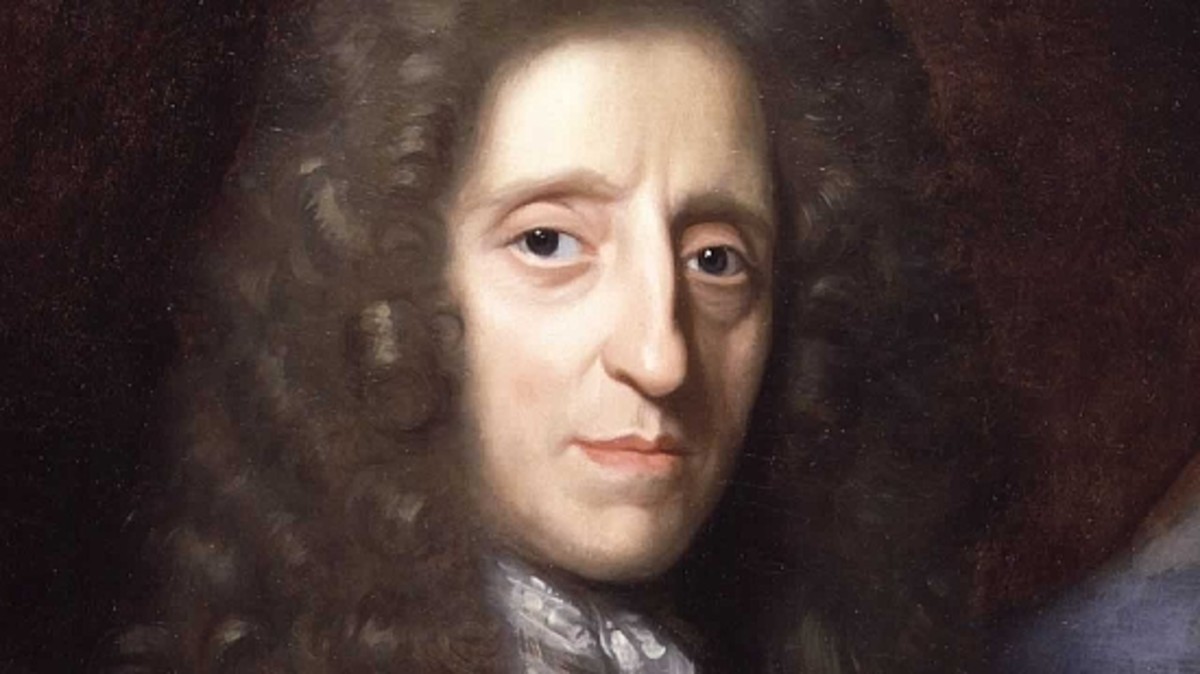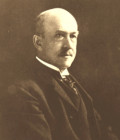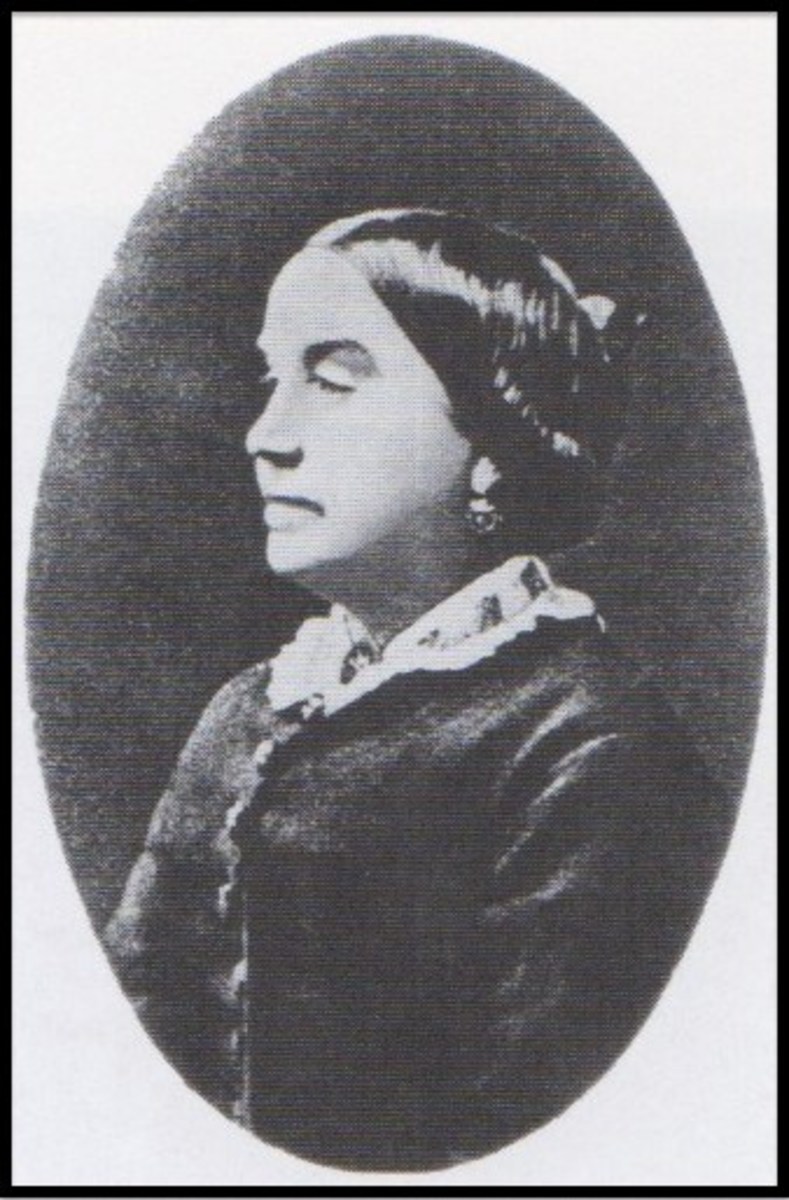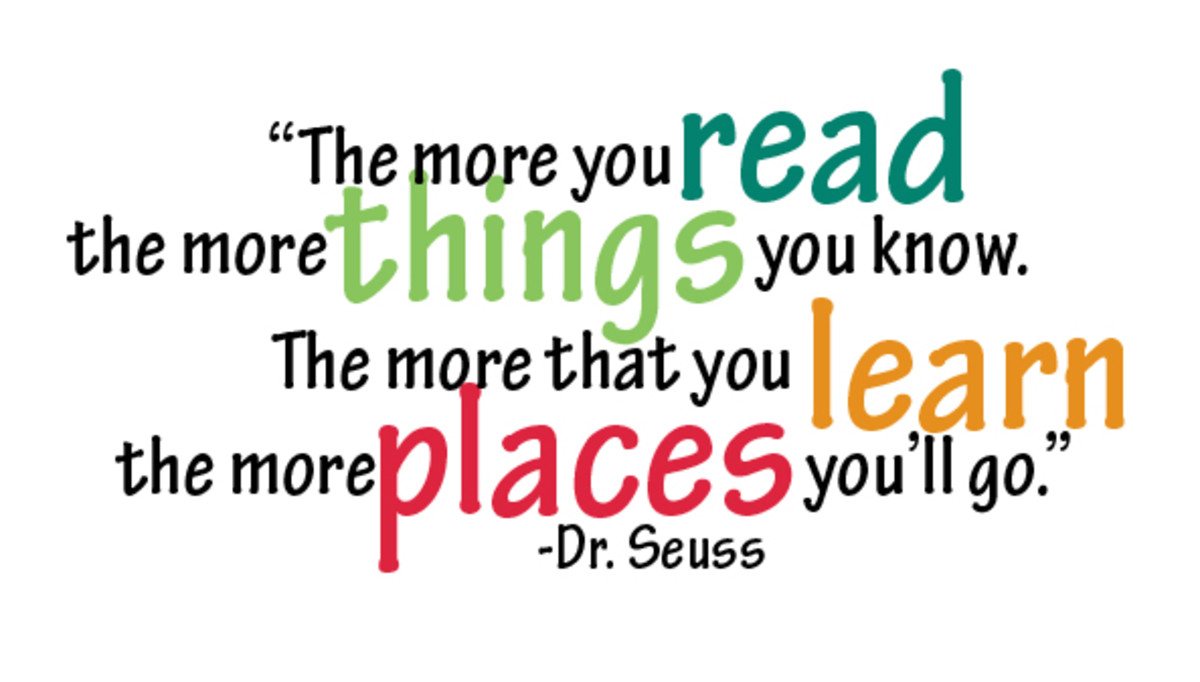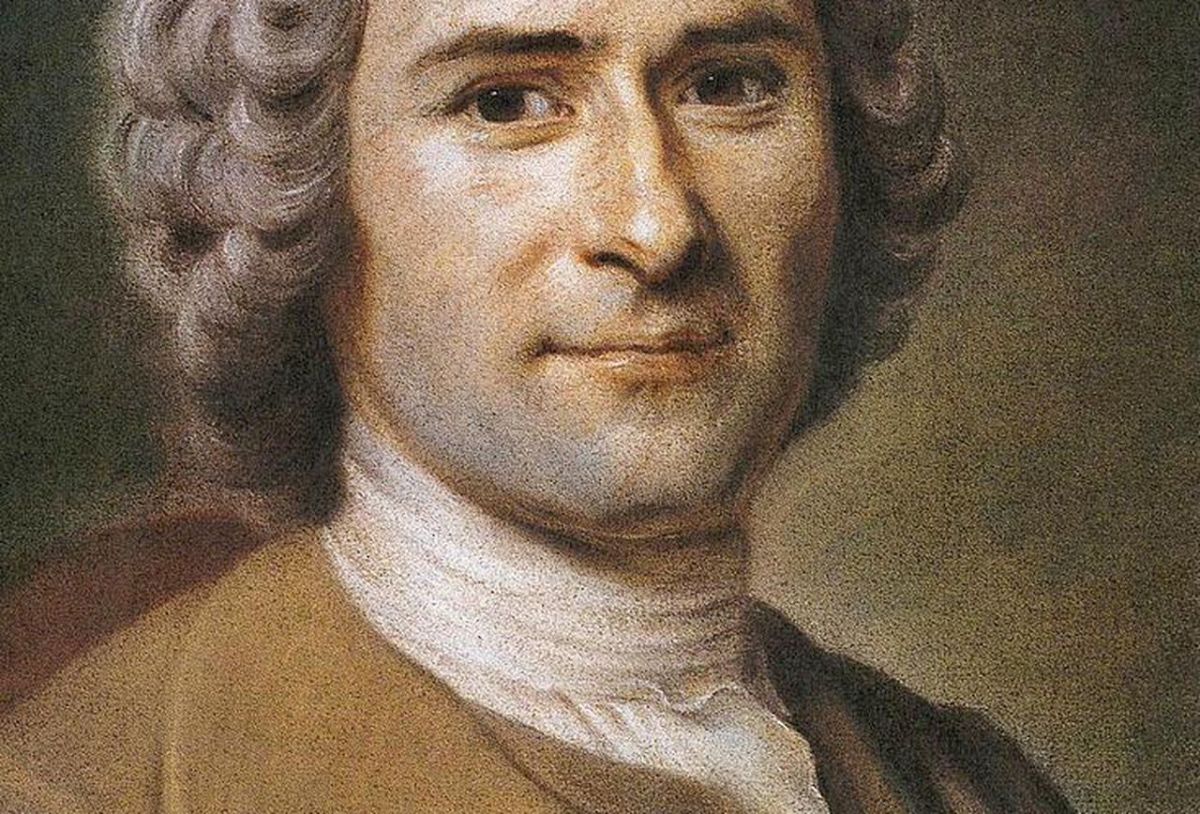Machiavelli: The First Modern Man
Get Paid to Write
Share your opinion and expertise and make residual income at the same time by signing up for Hubpages.
Secularism in Government
Dante, Marsiglio and Machiavelli were instrumental to restoring secularism in government through their philosophies and writing. Machiavelli in particular should be considered the first modern man because of his revolutionary view of the state, and its relation with other states and the church. Dante carefully suggested a separation between church and state by stating that the authority of the monarch comes from God directly, not from the church. Also, Marsiglio wrote in In Defender of the Peace that the state is the most comprehensive and unified human community. Further more, he stated that the state was superior to the church (Luther Seminary). Machiavelli closed and completed this thought process by defining human nature, applying it to politics while clearly showing that the state is superior to the church. Because of Machiavelli's completion of these ideas and his drive for nationalism, he influenced the political world in a way that no other modern political thinker could be credited with.
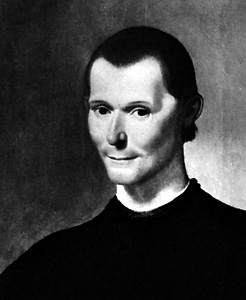
Plan for the Worst, Hope for the Best
Machiavelli takes a revolutionary step in viewing mankind and political systems in its least ideal nature. Unlike previous philosophers and commentators on humanity and government, he does not seek to create an ideal society that might be, but rather seeks to define human nature at is most basic level and define the motivations and means by which to control and govern it. One may not like the pessimistic view of mankind that Machiavelli portrays, but his approach is a drastic, and even positive, change from those who came before. He makes no apologies for teach how to have power and maintain it. Recognizing the base motivations or "depraved nature" of humanity is the obtaining and maintaining power over society (Deutsch 194). He defines human nature as having a need for power over others. Since this is a motivation, a ruler should not be afraid to use this motivation and should not be afraid to do all that is necessary to maintain his power. The willingness to acknowledge this selfishness within man does not make one any less. When a ruler or government recognizes this characteristic of humanity, it enables that entity to stay in power and to rule effectively. What is more, by recognizing that power that same governmental entity can prevent such wrongful things from happen thus fulfilling the role of protecting its citizen's rights.
The First Modern Nationalism
Machiavelli primary influence and what makes him the First Modern Man is his drive for nationalism. He pushed for this to such an extent in his works that one cannot help but see that his country is his passion. On the subject of the military, soldiers and mercenaries he said that without love of one's own land as a motivation for fighting, that mercenary troops were useless in battle (Deutsch 204). Machiavelli saw the state of Italy torn by city states and factions and this was a great pain to him. Further more, the meddling of the Catholic church hardened him against religion to the point of viewing it as a competitor of national pride. Some people have questioned his "piety" and whether he was atheist or a sort of reformed Christian. The debate has been heated over the centuries on this subject, but one thing is clear, Machiavelli's disapproval of the policies and behaviors of the Catholic church at his time is very evident from is writings. [T]he evil example of the Court of Rome has destroyed all piety and religion in Italy, which brings in its train infinite improprieties and disorders; for as we may presuppose all good where religion prevails, so where is is wanting we have the right to suppose the very opposite. We Italians then owe to the Church of Rome and the her priests' our having become irreligious and bad (Deutsch 210-211).Based of what Machiavelli said above, one can conclude that he is not opposed to religion as such, but rather to religion's involvement in politics. Further evidence of this comes forth when he puts blame on the Catholic church for the divided nature of Italy during his lifetime. He claimed that the church was not powerful enough to exert control over all of Italy and yet powerful enough to prevent such a unity from coming to fruition, this weakening Italy in a potentially lethal way. He wanted the church to choose one realm, the spiritual, or the other, earthly government, but not both. One could say he was throwing Biblical script in the face of the church by implying that the Church was serving two masters. This combined with his works pushed the necessity for the church not only to be separate from the state but also for the church to be subservient to the state. Two good example of this taking place which are quite unique form each other would be Henry the VIII and the Church of England as one, while the other would be religion in the United States today, where religious groups are not above the law and there is no state religion. The first example allows for the church to be used as a tool of nationalism, while the second allows for the church not to be a hindrance to nationalism.
A Clarification
In making this point, I am not arguing for further separation of church and state. Rather I argue that the state should not being dictated to or be controlled by religion (as in Machiavelli's time)is a bad thing! Nor should the opposite be true of the state controlling the religion. Faith is a good thing, not a bad thing, so long as one's faith allows other to practice their faith without harm that other person.
Conclusion
Because of Machiavelli's drive for nationalism and his push to share his ideas and theories with the world; the world as we know it has changed drastically. The possibility of a Church of the United States of America (a rather long winded name, but possible based off of the fact that there is a Church of England, Scotland etc) is frightening prospect. As we see today there are nations that do mix church and state such as Iran, and yet we also see nations that have moved from this modal towards a more secular approach such as Great Britain and modern Italy. This would make Machiavelli smile one would think. Machiavelli was the pebble that started the rock slide that made Church and State separate and allowed for the development of our modern political climate. So here is the Machiavelli, the First Modern Man, the man who started it all.
Works Cited
Deutsch, Kenneth L, and Joseph R Fornieri. An Invitation to Political Thought. Belmont CA: Thomson Wadswarth, 2009.
Luther Seminary. "Marsiglio of Padua." Return to The Christian History Tutor. http://demo.lutherproductions.com/historytutor/basic/medieval/people/marsiglio.htm (accessed October 23, 2009).

